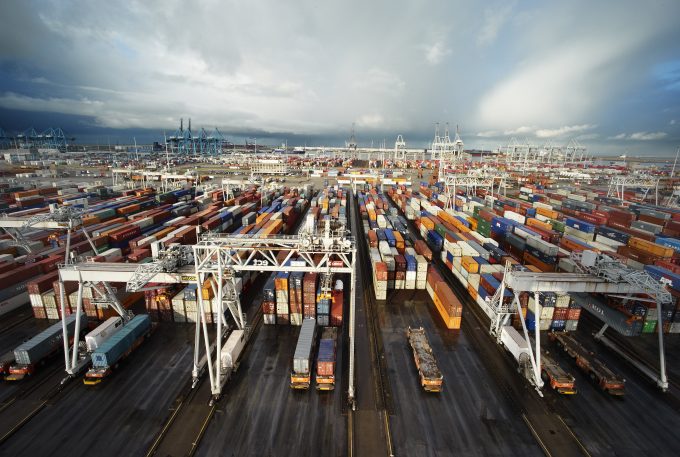'Battery race' heats up as US quadruples tariffs on Chinese EV imports
The Biden administration is set to quadruple tariffs on Chinese electric vehicle (EV) imports into ...

The proposed EU Ports Services Regulation (PSR) passed its first hurdle yesterday when a draft report was adopted by the European Parliament in Strasbourg.
The decision means the draft report, drawn up by Hamburg MEP Knut Fleckenstein, will move forward to negotiations with EU member states and the ...

Comment on this article